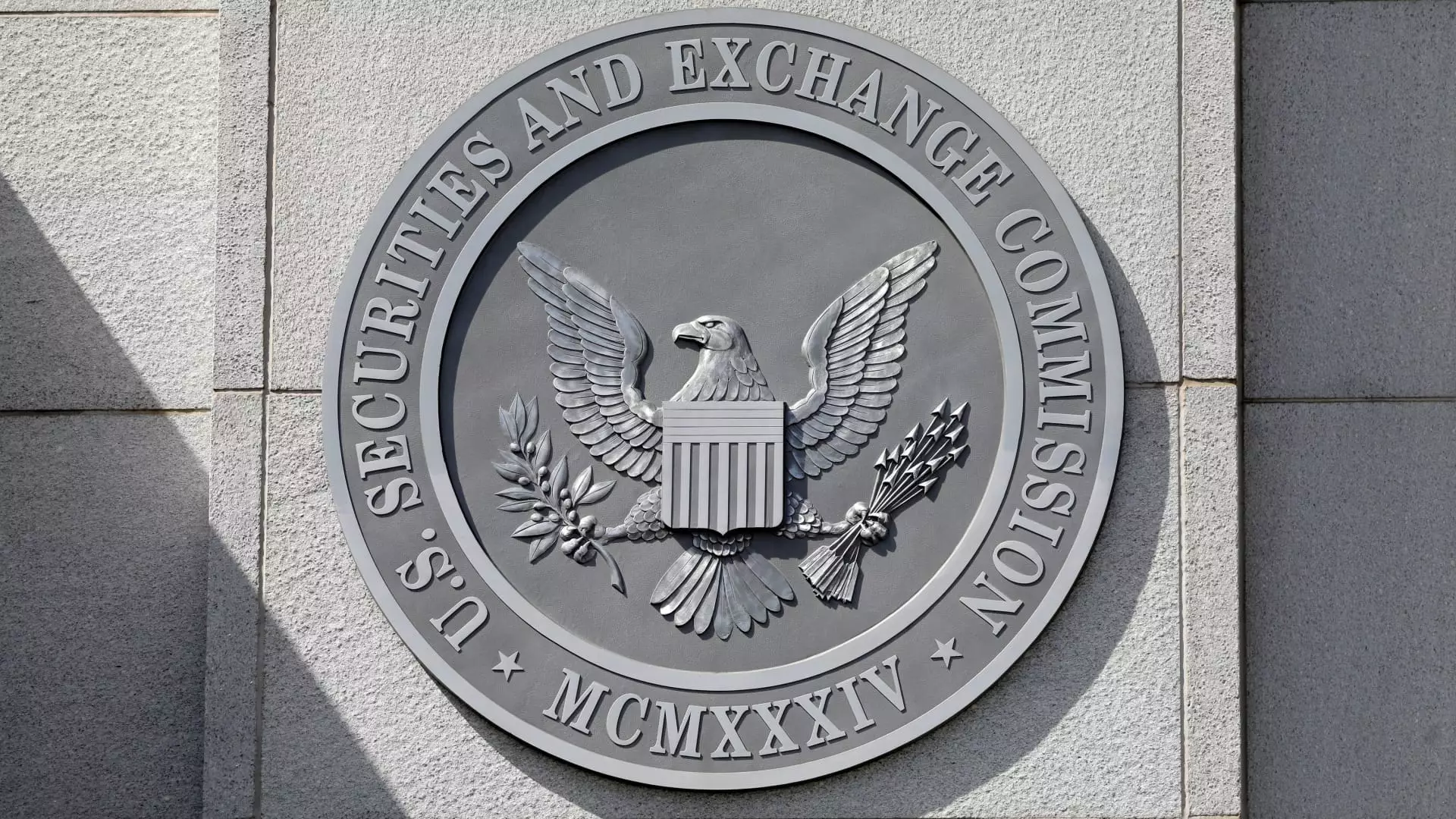Recent developments within the U.S. Securities and Exchange Commission (SEC) signal a significant transformation in how investigations are initiated and controlled. Following the recent appointment of Republican leaders, the SEC’s investigative framework has experienced alterations in authority that could fundamentally reshape the agency’s enforcement actions against potential malfeasance in the financial markets. This article explores these changes, their implications, and the broader context surrounding the SEC’s evolving role in overseeing Wall Street.
The New Directive: Increased Oversight and Approval Requirements
Under the leadership of President Trump and the newly appointed SEC officials, there has been a stark directive for attorneys within the SEC to seek prior approval from politically appointed leaders before commencing formal investigations. Those familiar with the situation indicate that enforcement staff must now gain approval from the Commission regarding all formal orders of investigation. This procedural shift, which has not been publicly disclosed until now, raises serious questions about its potential impact on the agency’s responsiveness to financial misconduct.
Traditionally, the SEC granted authority to senior enforcement staff to initiate investigations autonomously, streamlining the process and allowing for prompt action when necessary. The introduction of this requirement for prior approval not only centralizes investigative authority but also extends the timeline for initiating inquiries into possible violations. While proponents argue this new protocol aims to safeguard individuals from undue scrutiny, critics raise concerns about diminished staff autonomy, potentially stifling proactive enforcement efforts.
The political landscape is central to understanding the implications of this change. The SEC operates under a commission structure, typically comprised of five members appointed by the president. Following the departure of Democratic commissioners under President Biden, the current composition features three members—two Republicans and one Democrat. This partisan divide appears likely to influence the SEC’s approach to enforcement, leaning towards a more industry-friendly posture.
Newly appointed SEC Chair Mark Uyeda, alongside fellow Republican Hester Peirce and Democrat Caroline Crenshaw, represents a pivot from the previous leadership’s more aggressive regulatory stance. It remains to be seen how the forthcoming confirmation of Paul Atkins as SEC chairman will further impact the agency’s overall direction. Observers speculate that his leadership could usher in an era of enforcement that prioritizes strong ties with industry stakeholders rather than rigorous oversight.
The Legacy of Historical Changes: Does Authority Equate to Policy?
Historically, the SEC has oscillated in its strategic approach to enforcement based on the prevailing political appointments. Under recent administrations, there have been notable shifts in investigative protocols, especially concerning who holds the authority to launch formal investigations. The recent requirement for Commission approval may represent an initial step towards a broader trend of increased control over enforcement decisions.
Industry insiders, including previous SEC officials, have reflected on these dynamics, suggesting that tightening control over investigation formalities may lead to a less aggressive enforcement culture, ultimately favoring businesses rather than safeguarding investors. Steven Peikin, a prior co-director of SEC enforcement, echoed these sentiments, indicating that requiring Commission-level authority for formal investigations may prove burdensome and resource-intensive.
While the new directive does not inherently signal a decline in the number of investigations, it certainly alters the dynamics of how swiftly the SEC can respond to potential infractions. The expanded oversight may encumber enforcement staff’s ability to act independently and expediently, leading to delays in addressing breaches of securities regulations.
Furthermore, President Trump’s executive order on his first day in office, which sought to end the “weaponization” of federal agencies, casts a shadow over the SEC’s future enforcement strategies and raises fundamental questions about balancing regulatory oversight with minimizing perceived government overreach.
The SEC’s newfound approach under President Trump’s administration signals an era of increased oversight and potential hindrance on investigative authority within the agency. As the SEC prepares to navigate this pivotal juncture under new leadership, the implications will ripple through the financial markets, influencing investor confidence, industry compliance, and the very nature of securities regulation. Stakeholders across the spectrum—from investors to corporations—would do well to remain vigilant as these developments unfold and shape the regulatory landscape of American finance for years to come.


Leave a Reply